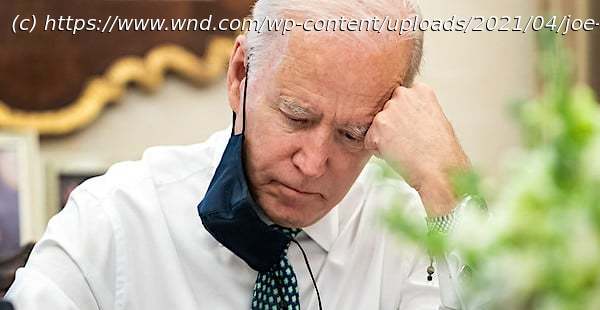Array
“Thou art weighed in the balance and found wanting,” said Winston Churchill on October 5, 1938, in assessing the diplomacy of Neville Chamberlain’s government. Chamberlain’s greatest failure was his unwillingness to cooperate with Soviet dictator Josef Stalin to geopolitically balance the greater and more menacing power of Nazi Germany. “I must confess to the most profound distrust of Russia,” Chamberlain admitted. “I distrust her motives, which seem to me to have little connection with our ideals,” he wrote in March 1939. Five months later, the Nazi-Soviet Pact made war in Europe inevitable. Chamberlain’s failed diplomacy pushed Stalin into the arms of his fellow autocrat Hitler and plunged the world into its most destructive war. The Biden administration is making the same mistake today by focusing on trying to help Ukraine defeat Russia instead of urging a negotiated resolution of the war.
Chamberlain’s diplomacy failed because he allowed values to trump geopolitics. Chamberlain was right that Stalin did not share Britain’s “ideas of liberty,” but Stalin’s Soviet Union controlled the geopolitical heartland of Eurasia and was the only continental power that could counterbalance Germany in the east. More than 80 years later, Biden is repeating Chamberlain’s diplomatic error by pushing Russia further into the arms of Xi Jinping’s China, which like Hitler in 1938-1939, presents the greater and more menacing threat to American national security. As CNN reports, “China and Russia are as close as ever since their leaders declared a ‘no limits’ friendship a year ago – partly driven by their shared animosity toward the United States.”
To be fair, the failed U.S. diplomacy in this regard predates the Biden administration. It can be traced back at least to the Clinton presidency which in a fit of diplomatic hubris began the post-Cold War expansion of NATO – a process that continued and accelerated through each successive presidential administration until NATO’s reach approached most of Russia’s western border.






